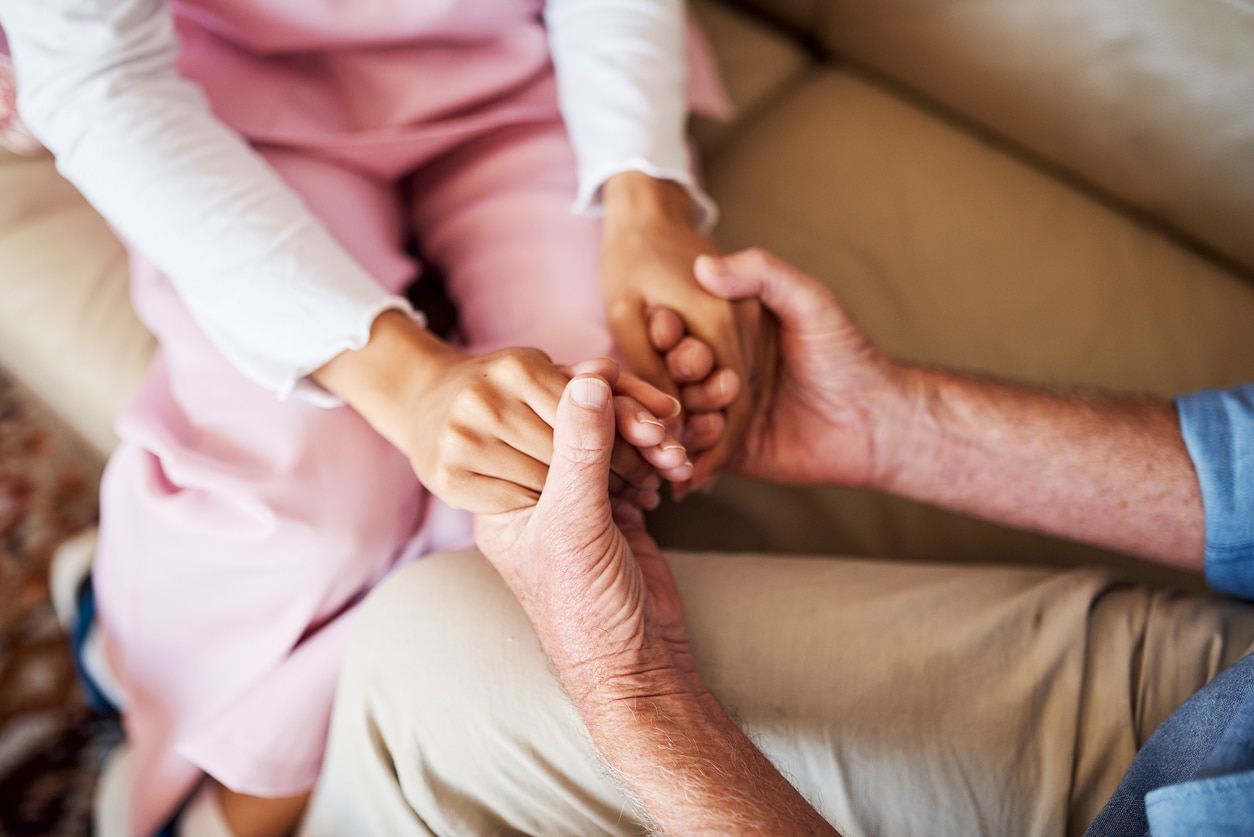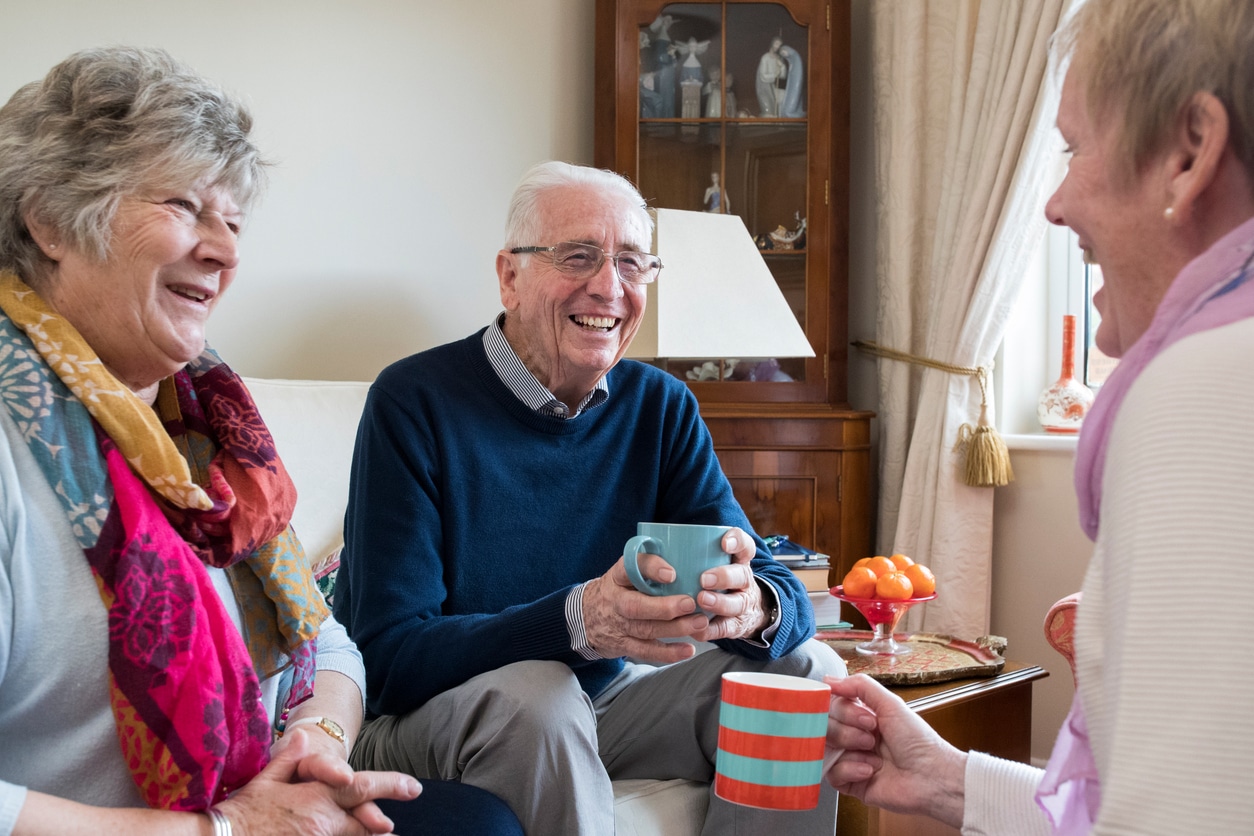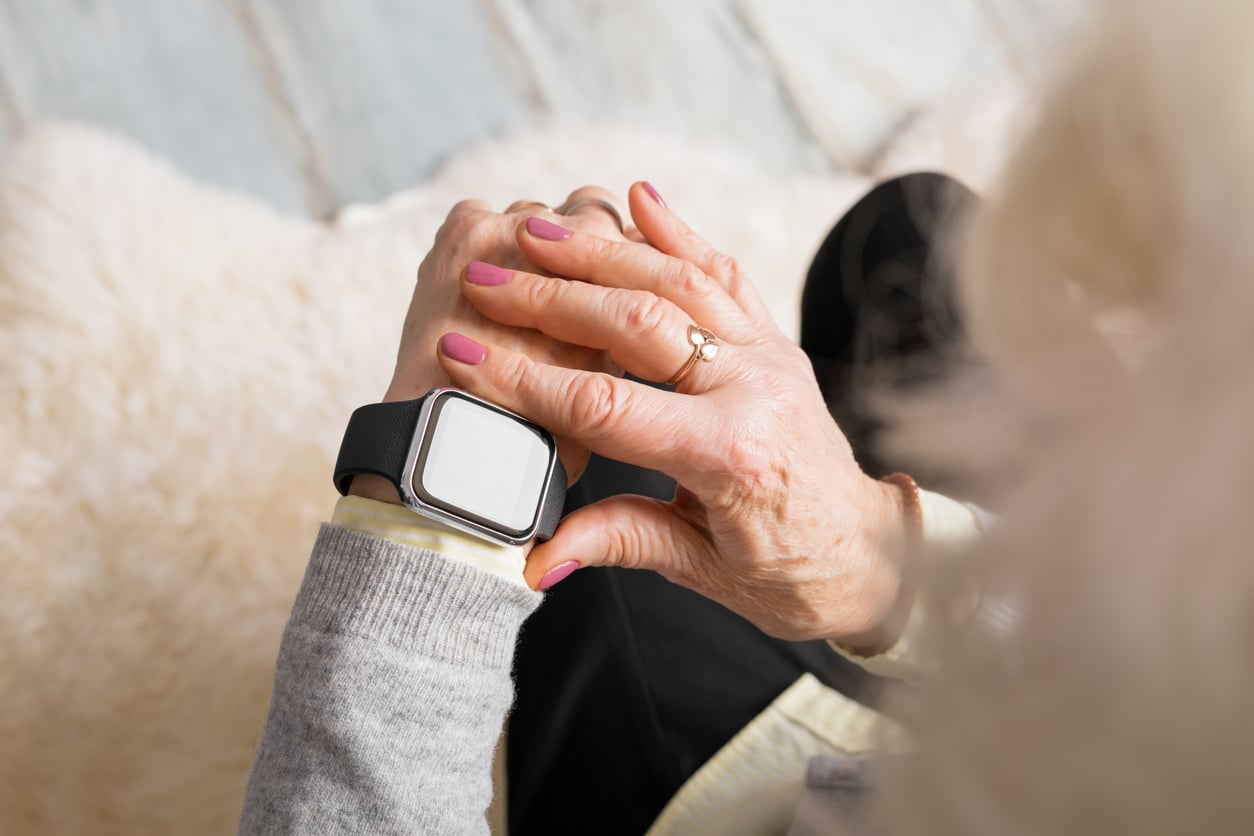Coping with the death of your spouse is often one of the most difficult things seniors face as they age. Not only is it the loss of a best friend and confidant, it’s the loss of a life partner. All of the responsibilities of the home and family are left to the widow or widower, and it can be frightening to consider facing future challenges alone. AARP offers resources to help you manage the practical side of losing a spouse, such as financial planning.
The grief itself, though, is sometimes one of the biggest challenges that you will attempt to overcome. According to the National Institute on Aging, grief often causes not only emotional distress but mental struggles and physical pain as well. After losing a spouse, you probably know that it is normal to cry easily. But you may not know that grief also sometimes leads to insomnia, lack of appetite, and issues with concentration, memory, and focus.
While you are dealing with the grief that follows the death of your spouse, there are some things you can do to ensure you take care of yourself and remain physically and emotionally healthy.
Coping Strategies After Losing Your Spouse
Focus on Your Own Health
It is important to make sure that you are still eating a healthy diet and exercising regularly despite your grief. If you haven’t been taking good care of yourself in recent years, it is a good time to make good health choices a habit. Even more importantly, continue taking all of your medications regularly and see your doctor for any scheduled appointments.
Be Patient with Yourself
You will have good days and bad days, but it is important to simply feel how you feel and understand that grief does take time. It’s completely normal to laugh and cry at the same time for a while. For this reason, it’s also important to wait about six months to a year before making any major decisions, such as selling your house or moving to another city.
Seek Support
Enlist family and friends you can call when you want to talk about your spouse and join a grief support group in your community. Talking about your emotions and your loved one will help you to deal with your grief in a more healthy way. Your local hospital, church, or senior center probably sponsors a group for older adults who are dealing with the death of a spouse.
See Your Doctor or Consult a Therapist
If you find that your grief is preventing you from your everyday activities after a few weeks, it may be time to talk to a professional. Your doctor can prescribe antidepressants if necessary or recommend a counselor for short-term therapy.
Grieving the death of your spouse requires a balance of remembering the past and your loved one while taking care yourself for the future. It can be one of the most difficult challenges seniors face. By following this advice, you can make sure you’re taking care of yourself while you cherish the memories you made with your spouse.




